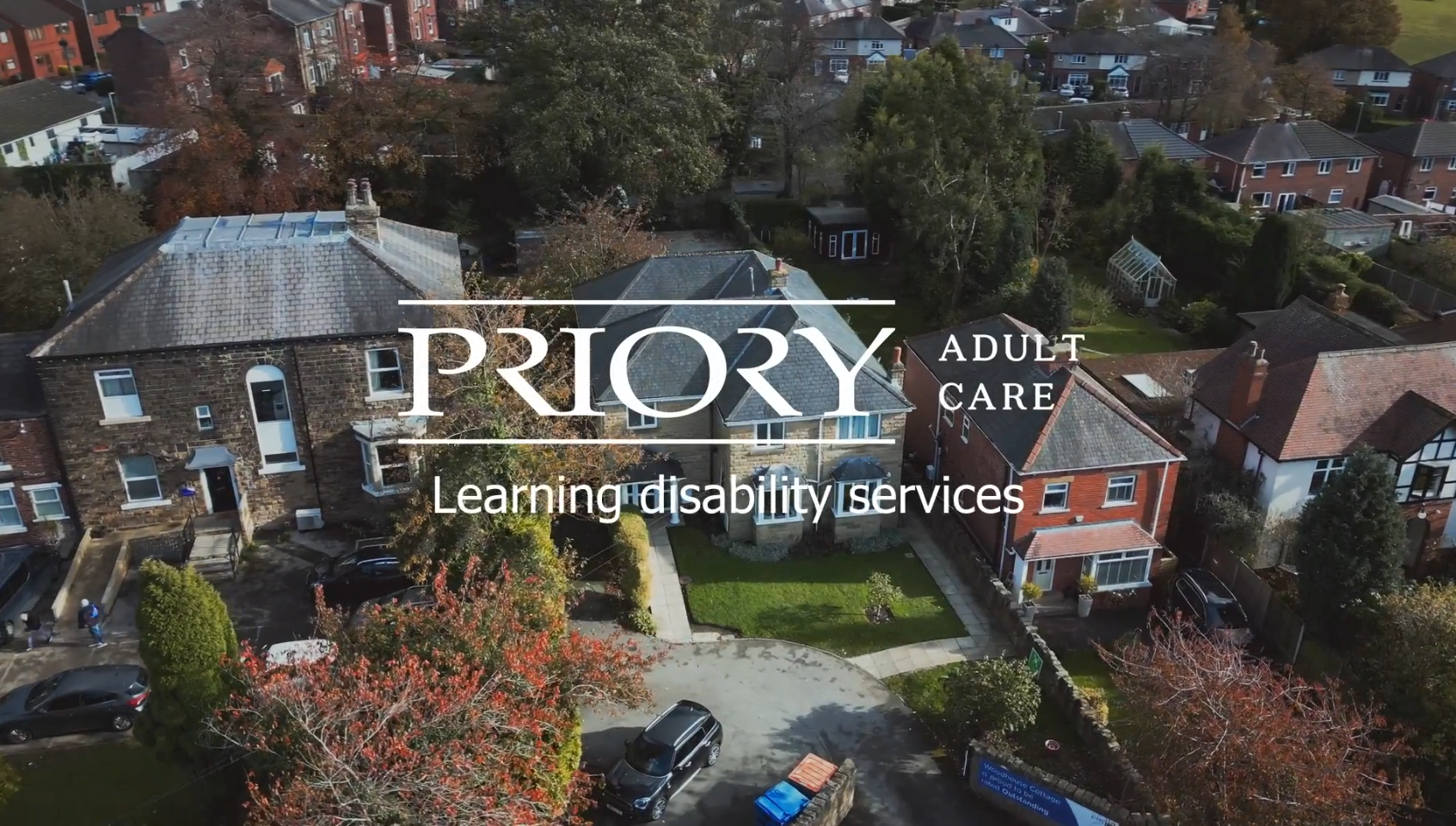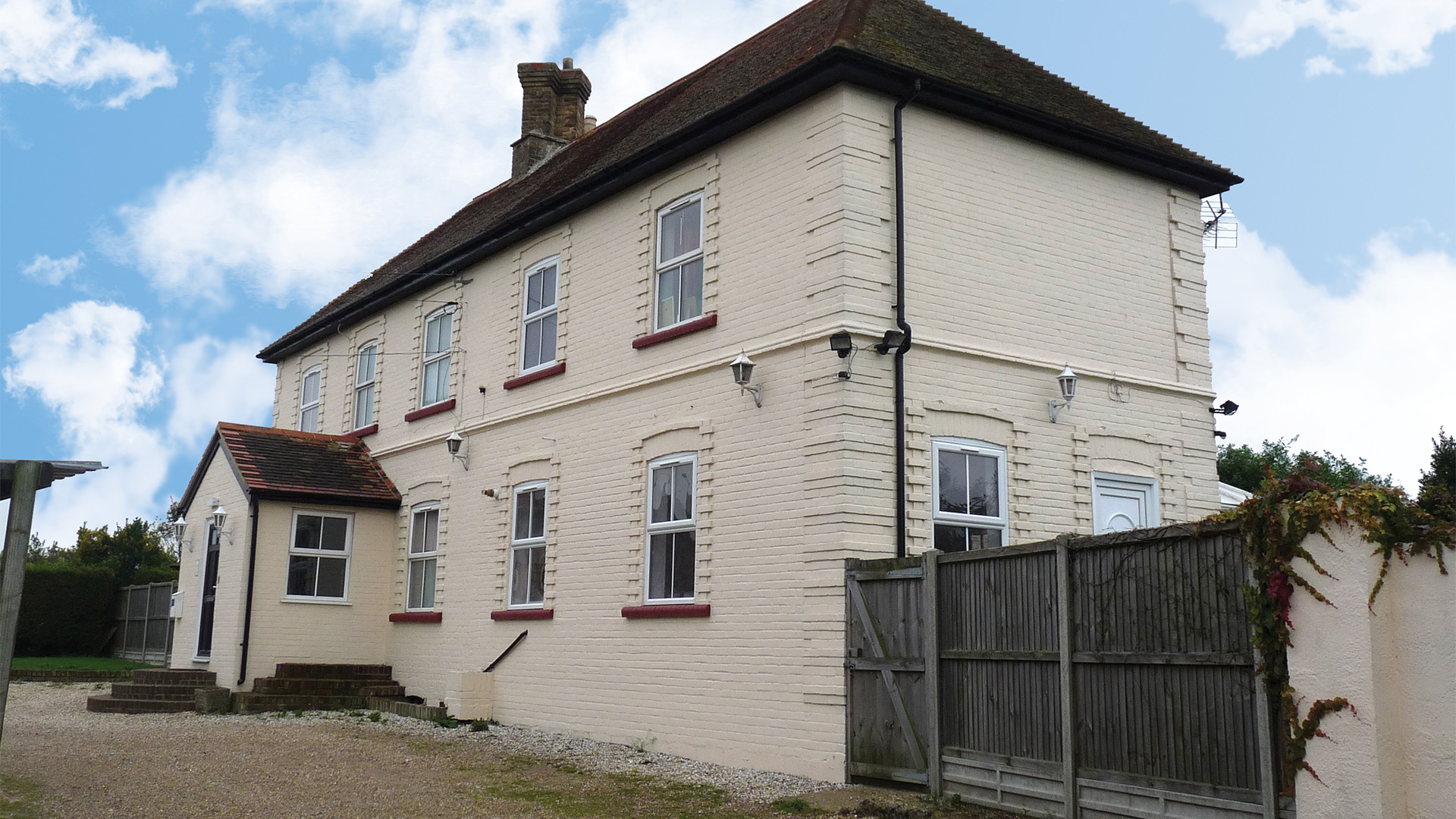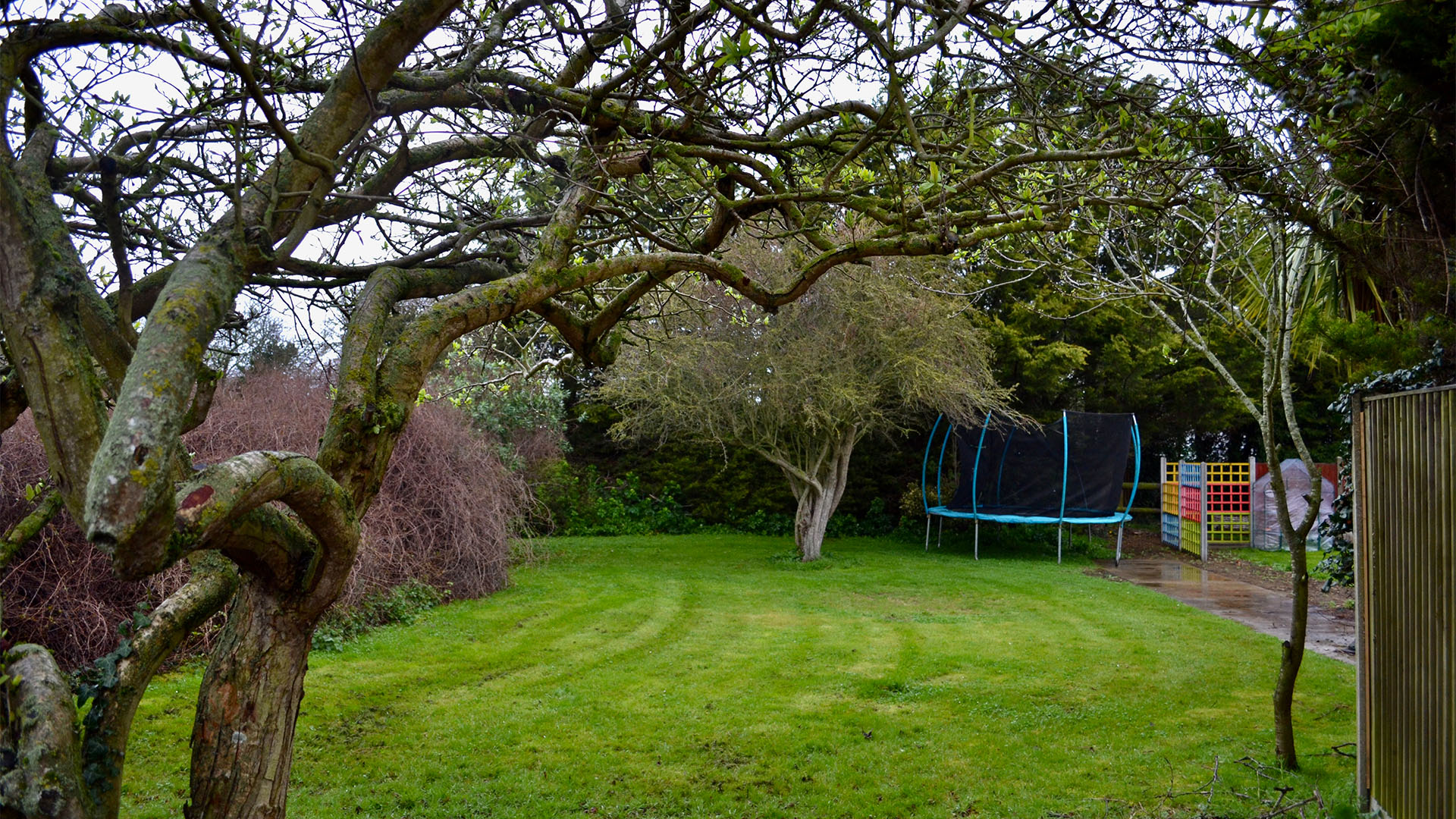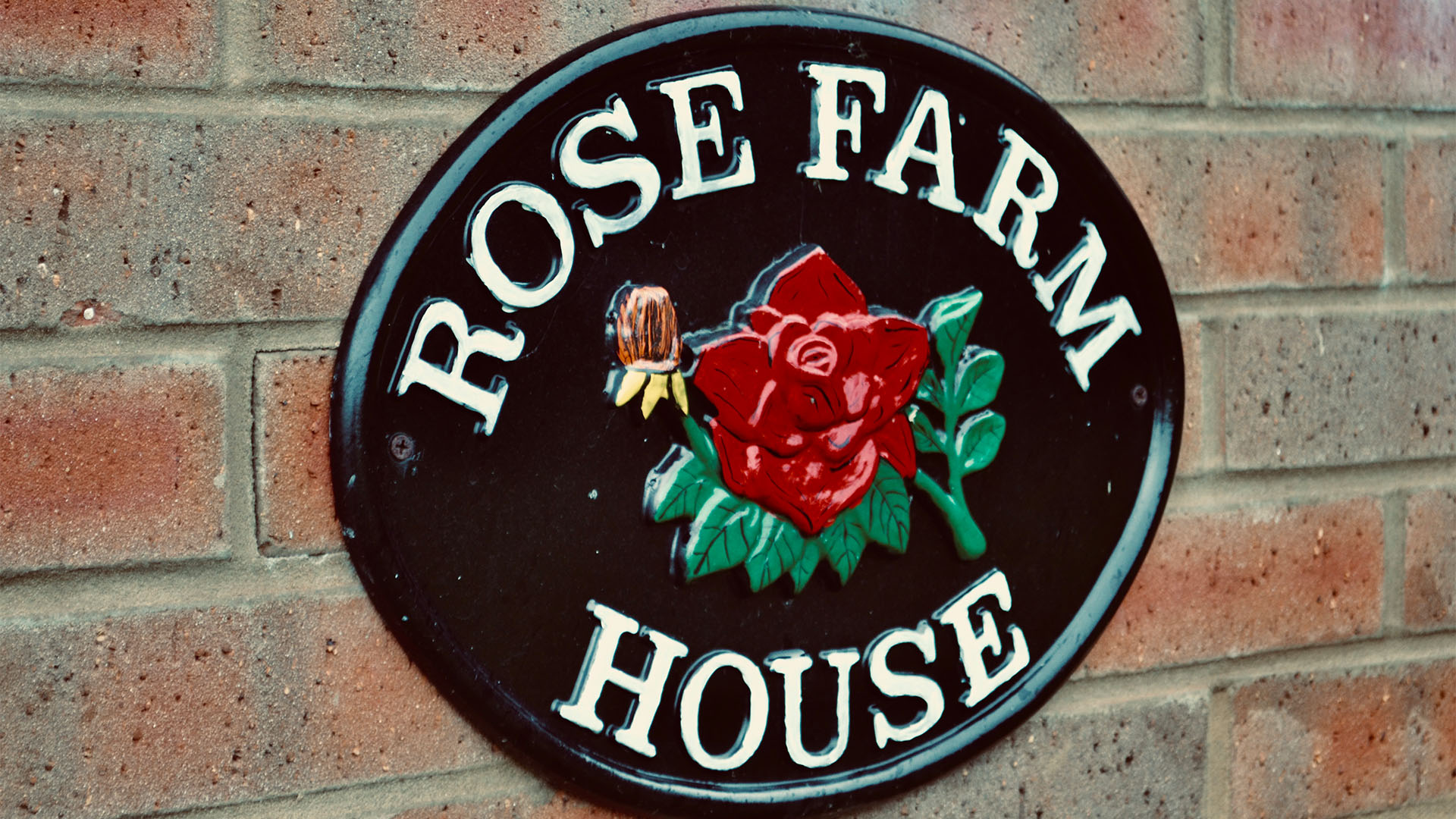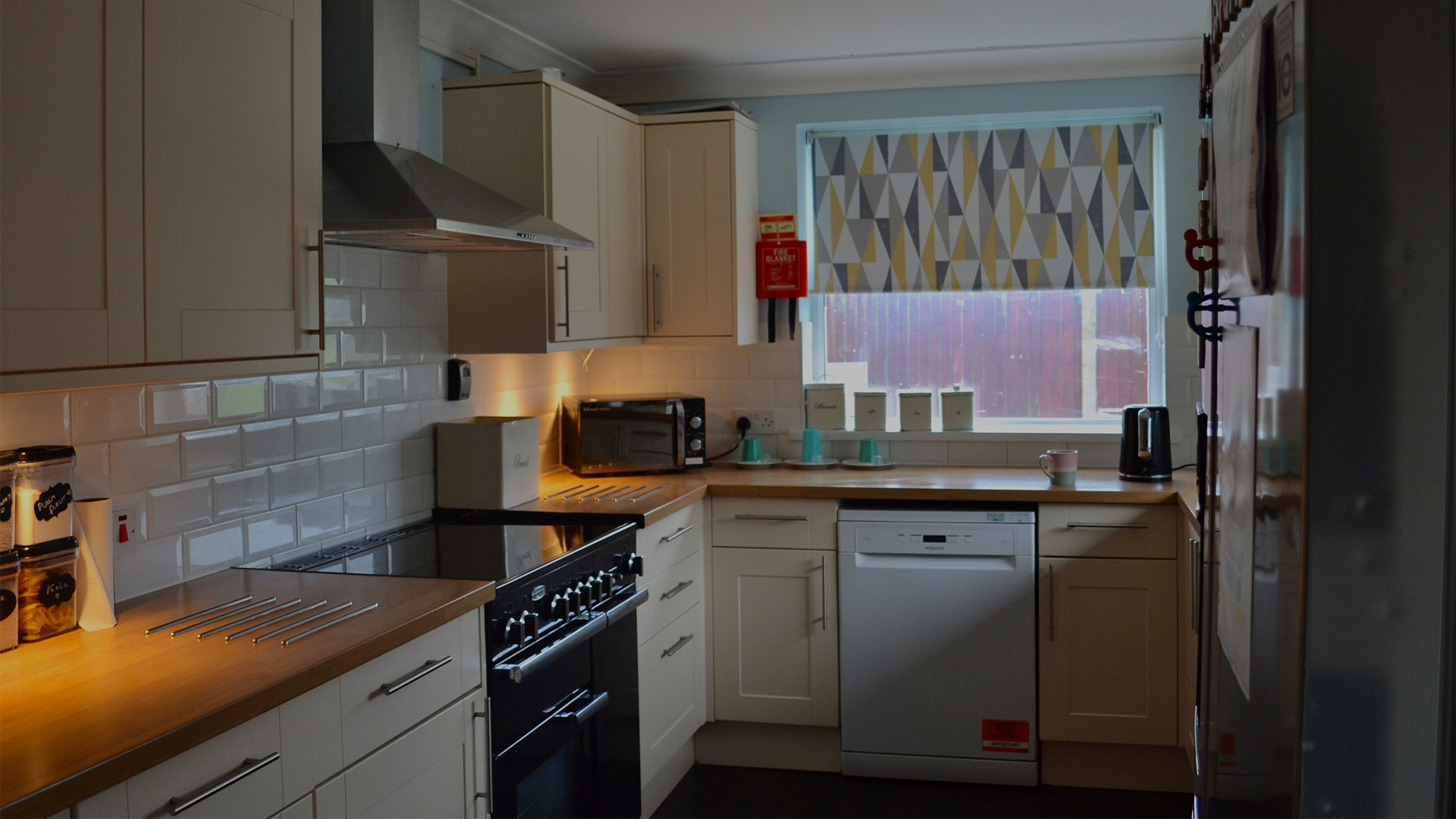About this location
Rose Farm House is located in Ramsgate, in Kent, on the Thanet coastline. It provides residential support for five people who are autistic or have a learning disability. We are in a semi-rural location, surrounded by beautiful countryside.
Our team are dedicated to supporting the people we care for to reach their potential and achieve fantastic outcomes that enable them to progress onto their own home in the community.
We can also support those who have:
- Physical disabilities
- Difficulties with communication
- Mild to moderate behaviours that challenge
- Epilepsy
Services at a glance
There are a total of five bedrooms at the site. Of these:
Click here to enable this content
About our service
Our facilities and environment
Rose Farm House is a converted, detached, farmhouse. There are three bedrooms in the main house, which are on the first floor. In addition, there are two separate annexes attached to the house for those who are ready for more independence. with a separate entrance, exit and garden. The flats have their own bathroom, lounge, dining room and kitchen. One of the flats has a wet room and the other has a bath.
In summary, we offer:
- A large lounge with plenty of seating
- Kitchen and dining room
- Communal bathroom
- Communal wet room
We also have a large garden, complete with:
- Secure fencing
- Lawn
- Patio
- Communal seating
- Swings
- Vegetable patch
- Pond
We also have specialised equipment within the home, such as sensory lighting.
Our bedrooms
All of our bedrooms are comfortable, welcoming and can be personalised to individual tastes. Our bedrooms offer:
- En-suite facilities, containing a shower, bath or wet room
- Activities of daily living (ADL) kitchenettes
Our approach to support
Everybody who lives at Rose Farm House has their own person-centred care plan, which is co-produced with input from the individual, their family members and professionals involved in their care. We aim to help everyone in our care to make their own choices about the support they receive. This may include support in a number of areas, such as going out in the community, personal care, cooking and cleaning, and maintaining family relationships.
Our support approaches at Rose Farm House include positive behaviour support (PBS). We also have close links with a local multidisciplinary team to offer additional support. In addition, we use tools such as the Outcomes Star™ and Active Support to support our residents to achieve their goals.
The lengths of the placements that we offer at Rose Farm House can be medium or long-term residential, depending on the needs of each person.
Activities
Everyone who lives at Rose Farm House has their own personalised activities planner and are encouraged to take part in activities which are meaningful and fulfilling to them. Our dedicated team organise a variety of activities at the home, as well as out in the community. This includes:
- Shopping
- Bowling
- Arts and crafts
- Cinema trips
- Swimming
- Gardening
- Walking
- Cooking and baking
- Barbecues
- Bike riding
- Day trips
- Holidays
In addition, we focus on supporting our residents to grow their independence. For some people, this may mean developing their daily living skills within the home. For others, this could be accessing work or educational opportunities in the local community.
Exclusion profile
- Those who are aged over 65
- Those who require mobility support
Pathways
Through our network of healthcare, residential and supported living facilities, we provide unique care pathways which help the people we support to progress towards greater independence. Every individual we support is provided with a bespoke pathway plan, tailored according to their individual needs. We aim to ensure that each person is supported to live a fulfilling and active life in the community.
Our team
Our highly experienced team consists of:
- Service manager
- Deputy manager
- Support workers
- Senior support workers
- PBS practitioner
Our team receive specialist staff training, designed to meet the needs of each individual we support. This includes:
- Makaton training
- Epilepsy training
- PROACT-SCIPr-UK® training
A message from our site leader

There is a positive culture within our home, with mutual respect between our residents and our staff
There is a positive culture within our home, with mutual respect between our residents and our staff
Comments from our residents and their family and friends
I like the staff, they are friendly and support me to enter into the community
Family and friends FAQs
How does home leave work?
Individuals can visit their family home on weekends on a regular basis and during festive periods. We will do whatever is required to support this, as we understand the importance of family connections.
Can friends and families visit?
Loved ones can attend frequently and come along on our day trips. We communicate via video call and text messages.
Will I be involved and kept up to date with the progress of my loved one’s care and support?
We will work with families on an individual basis to work out the best way of staying in touch. Our team are keen to keep everyone in the loop, this may include regular meetings, phone calls or messages.
Will my loved one be able to have a phone or call me?
We have a communal landline and residents also have their own mobile devices, if appropriate. We can support people to stay in touch with the people they care about, where assistance is needed.
What are the bedrooms like?
Bedrooms are all furnished and residents are supported to personalise them to suit their needs and wishes. Some of the furniture has been purchased to suit the needs of our residents and some of it is fitted, and therefore cannot be removed.
Are external doors kept locked?
Our doors are not locked. Of course, we will conduct individual risk assessments to make sure people are kept safe.
What do residents eat and how do meal times work?
Residents can choose and prepare their own meals. If anyone has any worries about preparing the food, we can help them. We speak to family members about any special dietary requirements and seek advice from our nutritionists if needed.
How does laundry work?
Laundry facilities are available at the home to enable our residents to be independent. Our team are on-hand to provide support with laundry, where required, and we will ensure everyone has access to clean clothes and bedding.
Who does the housekeeping and domiciliary tasks?
Residents help out with the housekeeping as part of their skill-building exercises. We promote independence, and will encourage the people who live here to participate in keeping the home in good order.
Is there anything they can’t bring or have?
All personal belongings and valuables are record and stored safely.
How do activities work?
Every resident has a tailored activities planner. This will include both in-house activities as well as visits into the community. Their key worker may use a variety of communication tools to ensure the resident can have an input into the planning of activities. These include shopping, bowling, arts and crafts, cinema trips, swimming, gardening, walking, cooking and baking, barbecues and other daily living tasks. They also enjoy bike riding, day trips and holidays. Adaptations can be made to suit all ranges of activities, where possible.
How will residents be supported with their behavioural needs?
We use the PROACT-SCIPr-UK® framework, which means we focus on active strategies, rather than physical intervention. We require our care plans which include restrictions to be assessed frequently. We strive to understand our residents’ needs, and put in place the right support to meet these.
Do residents and families have an input into the care plans?
We work with social workers, family members and residents to develop care plans which are in the best interests of our residents. We use a variety of communication tools and work with health professionals to aid each resident in having a say about every aspect of their care. Everyone living at Rose Farm House has a say in how our home is run. Care plans are regularly reviewed, and family members will be asked for their input. We send out annual family surveys too to collect their views and opinions.
What are the car parking facilities?
There is a large driveway at the front of the home, which provides parking for up to 10 cars.
What is the smoking policy?
There is a designated smoking area which is located away from the home, where residents can smoke, if they choose.
What are your fees and how are they funded?
Our fees can vary, and are based on an assessment of each individual's needs. Many people are eligible for financial help towards the cost of support, and this funding can be accessed by contacting your local authority. Once funding has been agreed, we will work with your local care team to put together a bespoke package of care. Please note, referrals for NHS or Local Authority funded services must come from a referring organisation.
How to make a referral
Our service provides high quality support to people with varying levels of need. Referrals can be made through the individual’s social care team or, if relevant, their local health authority. If you are a professional looking to make a referral, please call us or fill in our enquiry form.


